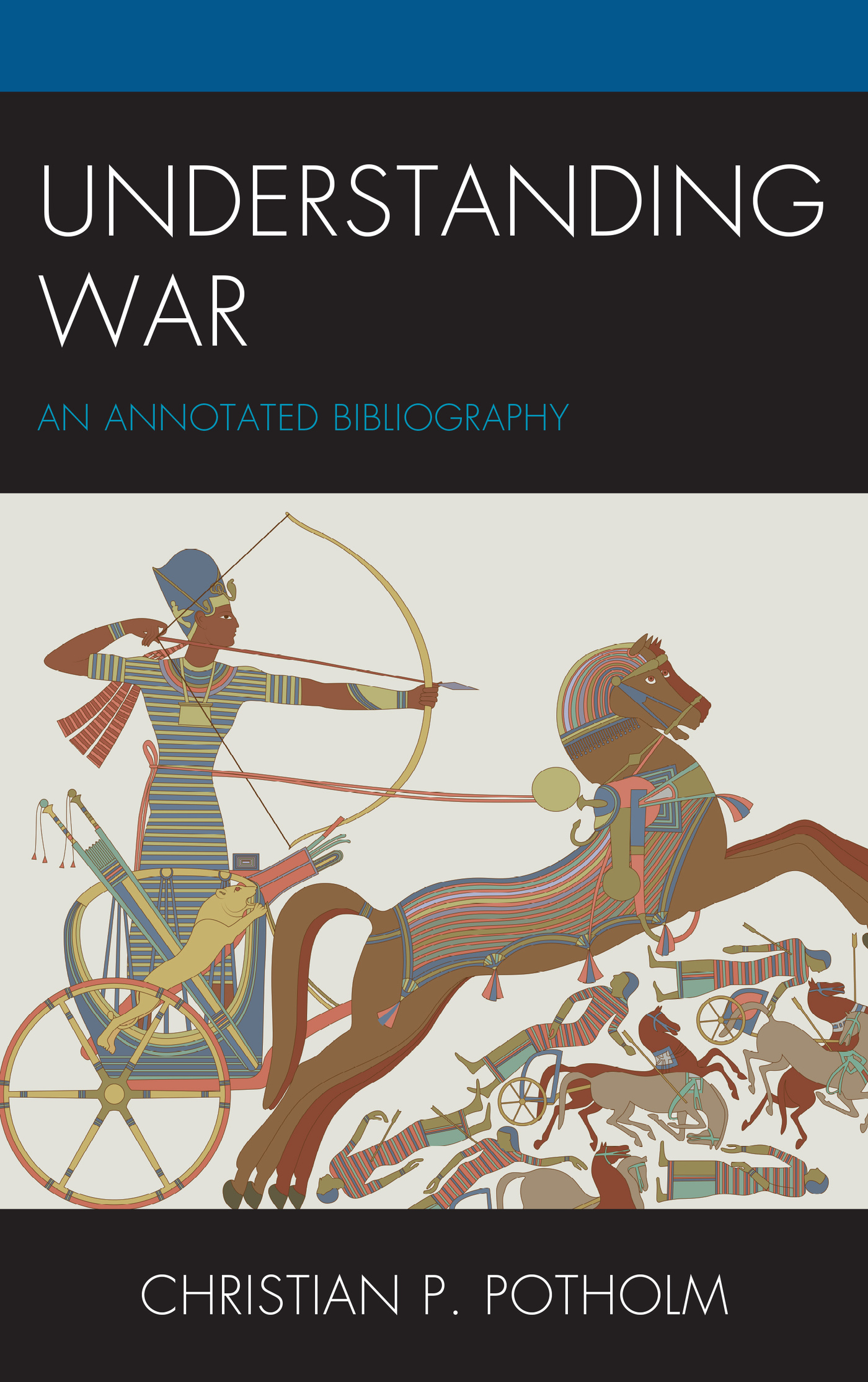Understanding War
Volume I: Winning at War
Volume II: War Wisdom
Volume III: Understanding War
Understanding War
An Annotated Bibliography
Christian P. Potholm
University Press of America, Inc.
Lanham Boulder New York Toronto Plymouth, UK
Copyright 2016 by University Press of America, Inc.
4501 Forbes Boulevard, Suite 200, Lanham, Maryland 20706
UPA Acquisitions Department (301) 459-3366
Unit A, Whitacre Mews, 26-34 Stannary Street,
London SE11 4AB, United Kingdom
All rights reserved
Printed in the United States of America
British Library Cataloguing in Publication Information Available
Library of Congress Control Number: 2016935686
ISBN: 978-0-7618-6773-9 (cloth : alk. paper)ISBN: 978-0-7618-6774-6 (electronic)
 TM The paper used in this publication meets the minimum requirements of American National Standard for Information Sciences Permanence of Paper for Printed Library Materials, ANSI/NISO Z39.48-1992.
TM The paper used in this publication meets the minimum requirements of American National Standard for Information Sciences Permanence of Paper for Printed Library Materials, ANSI/NISO Z39.48-1992.
After 50 years of teaching, this work is dedicated to
all the students of Tufts, Dartmouth, Vassar, and especially Bowdoin
who have enriched my life so deeply over these wonderful years.
You are the purpose, the inspiration and the reward.
Thank You
Preface
This work completes my long-gestated war trilogy. The first book, Winning at War, finds a value-free conceptual framework in order to analyze success in war irrespective of time, place, or culture. The second, War Wisdom, looks at a dozen themes that appear in many diverse cultures across both time and space. This volume, Understanding War, exposes students to some of the vast array of works dedicated to the study of war and warfare, that most persistent of phenomena.
My list of acknowledgments for this work is long, indeed. There are many who assisted in putting Understanding War together: Lynne Atkinson, who runs the Department of Government with such efficiency and goodwill, and her able assistants: Jordan Goldberg, Tina Curtin, Derek Brooks, Chase Taylor, Ryan Holmes, Sophie Springer, Steve Robinson, Charley Allen, Louisa Diaz, Liam Killion, Stevie Lane, Sam Miller, Nick Daniels, Ben Bristol, Aidan Penn, Grgoire Faucher, and Gibson Harley. I appreciate also the ongoing assistance over the years of Liz Weston and Joe Calvo.
No list of gratitude for this project would be complete without a full rendering for the marvelous staff of the Bowdoin Library, under the direction of Marjorie Hassen and including Judy Montgomery, Jaime Jones, Barbara Harvey, Amy Heggie, Leanne Pander, Joan Campbell, Richard Lindeman, Guy Saldanha, Greg Stowe, Patricia Myshrall, Alida Snow, Barbara Levergood, and Carmen Greenlee, who facilitate scholarship for all. In this regard, I am either the Bowdoin Interlibrary Loan Programs best customer or its worst nightmare, but this work would not have been possible without their generous and ongoing assistance, delivered with great patience and restraint despite often intense provocation. Bowdoin is most blessed to have such a group of dedicated professionals serving the research needs of students and faculty.
I also express thanks to Claude Berube and Williamson Wick Murray for all their earlier assistance on the companion volume Winning at War and especially to Wick for sharing his Military History: A Selected Bibliography, which he produced for the Institute for Defense Analyses in 2003. That fine and comprehensive work stimulated me to bring together all my notes on war books, starting with the earliest periods of human history, and to begin to fill in the many gaps in my knowledge of all things war. Appreciation also goes to Patrick Rael, who provided valuable insights into various topics and considerations, as well as to David Broo Parmelee, who served his country and his clan so well and who always is there to discuss military matters.
As always, our enduring thanks to the men and women of the armed forces and those who study them for their input as well, particularly Bob Whelan, Frank C. Mahncke, and especially Bowdoins stalwart US Marine, Army, Navy, and Seal contingents, including Gil Barndollar, Katie Forney Petronio, Jack Dingess, Ian Merry, Dave Donahue, Pack Janes, Chris Pelletier, Eddie Yoo, Sage Santangelo, Boomer Repko, Gibson Hartley, Mac Caputi, and Brendan Lawler.
And finally a most special debt of gratitude is due to Jed Lyons, who had such faith in the War Trilogy from its inception and helped guide each volume to its conclusion. His generosity, hard work, and excellent direction resulted in the swift publication of Understanding War to coincide with my fiftieth year of teaching. Jed heads a wondrous team, including Jackie Hicks, Julie Kirsch, Beverly Shellem, Niki Guinan, Robert and Cynthia Swanson, and especially Holly Buchanan (whose input on design and supervision was greatly appreciated)all of whom academic publishing is blessed to have available.
Finally, and as ever, I acknowledge the love and support of my wife, Sandra Quinlan Potholm, who makes all this effort worthwhile.
My debts are many and heartfelt.
I
Analyzing Warfare
This selection of topics and annotated bibliography of self-contained pieces on war wisdom, war novels, and war films is designed to be a companion piece to the first book in this war trilogy, Winning at War. It provides a conceptual framework for understanding warfare regardless of time, space, or culture.
War is such a vast and unruly topic that it is necessary to apply some conceptual framework so that one can begin to organize the material. We therefore take as a trope the image of Mars, the god of war. Using this device, we can look at war in a moral vacuum, outside the fog of nationalism and ideology and my country right or wrong or my country always wrong in war. By using the god of war as an analytic tool, we can also circumvent the often confusing and usually obscuring sense of who is right and who is wrong.
It must be said that it is an intellectual tragedy that military and strategic matters are today really studied in-depth only at a few academic locations, such as the US military academies and war colleges, plus Yale, Duke, MIT, Georgetown, Tufts, Johns Hopkins, Ohio, and Norwich Universities. Unfortunately, a very large percentage of American students are trying to come to grips with the realities of global history and life without a firm grounding in one of the most widespread and enduring phenomena in all of human history.
It is therefore regrettably necessary for more and more individuals to study war on their own with some help from a bibliography such as this, one that is designed to be explorative, not definitive or unnecessarily value-centric. This section introduces the interested reader to both the template of Mars and its many applications.
Chapter 1
Why Study Military Matters?
The formal study of military history remains the orphaned child of the college and the university.Victor Hanson
Man makes war in his own image.Chester Wilmot
Whether one likes it or not, war has played for better or for worse a fundamental part in the whole process of historical change.Michael Howard
War is a plague but a ubiquitous one, worthy of much careful study.William Langer
Anyone who clings to the historically untrueand thoroughly immoraldoctrine that violence never settles anything, I would advise to conjure up the ghosts of Napoleon Bonaparte and the Duke of Wellington and let them debate it. The ghost of Hitler would referee.... Violence, naked force, has settled more issues in history than has any other factor, and the contrary opinion is wishful thinking at its worst. Breeds that forget this basic truth have always paid for it with their lives and freedom.Robert Heinlein
Next page
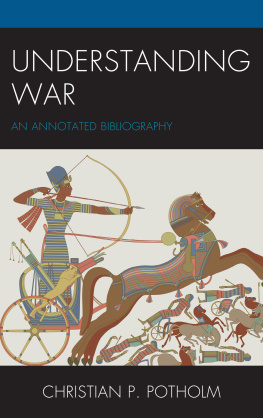
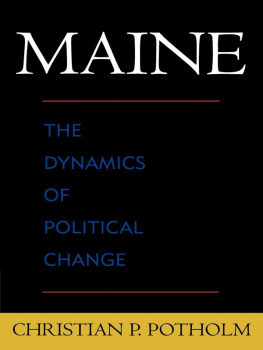




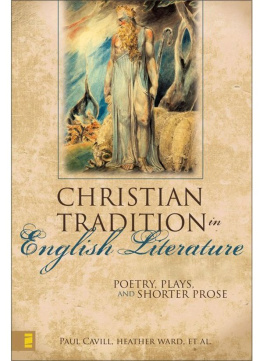


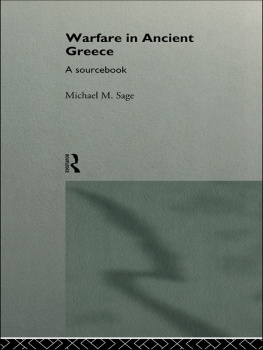
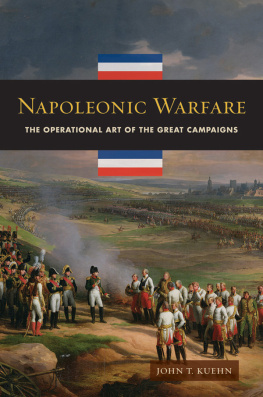
 TM The paper used in this publication meets the minimum requirements of American National Standard for Information Sciences Permanence of Paper for Printed Library Materials, ANSI/NISO Z39.48-1992.
TM The paper used in this publication meets the minimum requirements of American National Standard for Information Sciences Permanence of Paper for Printed Library Materials, ANSI/NISO Z39.48-1992.